I have just finished Matthew Hollis’ book about Edward Thomas, ‘Now All Roads Lead To France’. I have mixed feelings about it but, if one of the characteristics of a good book is that it lingers and poses further questions, it certainly has that.
One of the many intriguing aspects of Edward Thomas is how, in his many non-fiction books about travelling in the countryside, he describes meeting and talking to a stranger. Later, when he started writing poetry, he wrote explicitly about The Other. This stranger is, of course, himself and perhaps there is some connection between this splitting of different elements of himself, and his ambivalence to so many aspects of his life. When he first started sending out poems, he chose to do so under the pseudonym of Edward Eastaway. We can only guess at the reasons but it seems consistent with his idea of the Other. He was unsure of what kind of a response he hoped for and Matthew Hollis describes how ‘To be both thin-skinned and not caring a button was a tightrope that Thomas would find difficulty in walking’. (This kind of sentence is not untypical of Hollis’ style.) To be wanting recognition and at the same time, anonymity is typically human.
I often do exercises in groups in which we invent and name personae, creating characters that embody aspects of ourselves, perhaps as shadows or as lives we might like to have lived. In Writing Works, there is a chapter called ‘Different Masks’ which offers writing techniques for engaging with different aspects of ourselves. These include Claire Williamson’s suggestion for meeting the writer part of the self, Reinekke Lengelle on the shadow and River Wolton on working with the inner critic, all analogous to Edward Thomas describing his meetings with a stranger.
As well as being multi-dimensional and contradictory in the present, we carry within us all our past and future selves – potential, realised or possible. I’ve recently moved back, after 30 years, to the area where I grew up which has led to me reflecting about who I was as a child and teenager. Ted Hughes, in a moving letter to his son, describes the necessity of acknowledging the child inside the armour of the adult person.
‘And that little creature is sitting there, behind the armour, peering through the slits. And in its own self, it is still unprotected, incapable, inexperienced. Every single person is vulnerable to unexpected defeat in this inmost emotional self. At every moment, behind the most efficient seeming adult exterior, the whole world of the person’s childhood is being carefully held like a glass of water bulging above the brim. And in fact, that child is the only real thing in them. It’s their humanity, their real individuality, the one that can’t understand why it was born and that knows it will have to die, in no matter how crowded a place, quite on its own. That’s the carrier of all the living qualities. It’s the centre of all the possible magic and revelation. What doesn’t come out of that creature isn’t worth having, or it’s worth having only as a tool—for that creature to use and turn to account and make meaningful. So there it is. And the sense of itself, in that little being, at its core, is what it always was.’
The rest of the letter can be read here. Ted Hughes considers it vital to engage with the child within. A more equivocal, poetic take on the idea comes from Charles Causley.
WHO
Who is that child I see wandering, wandering
Down by the side of the quivering stream?
Why does he seem not to hear, though I call to him?
Where does he come from, and what is his name?
Why do I see him at sunrise and sunset
Taking, in old-fashioned clothes, the same track?
Why, when he walks, does he cast not a shadow
Though the sun rises and falls at his back?
Why does the dust lie so thick on the hedgerow
By the great field where a horse pulls the plough?
Why do I see only meadows, where houses
Stand in a line by the riverside now?
Why does he move like a wraith by the water,
Soft as the thistledown on the breeze blown?
When I draw near him so that I may hear him,
Why does he say that his name is my own?
Collected Poems 1951-2000, London, Picador, 2000
Who is she, my thirteen year old self, shopping in Canterbury, walking through the woods in Brabourne Lees? Why does she say that her name is my own?
8 Comments
Leave A Comment
You must be logged in to post a comment.



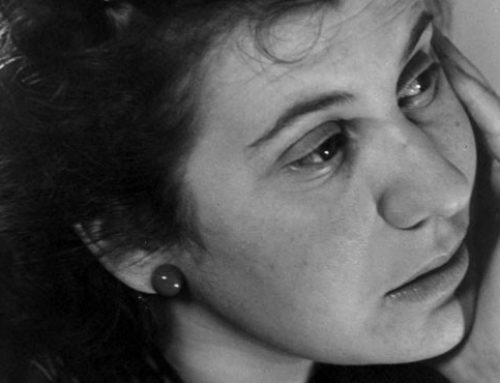
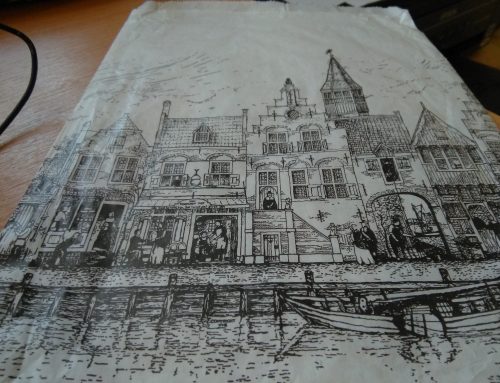
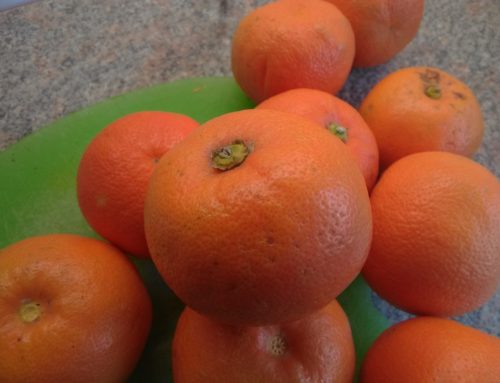
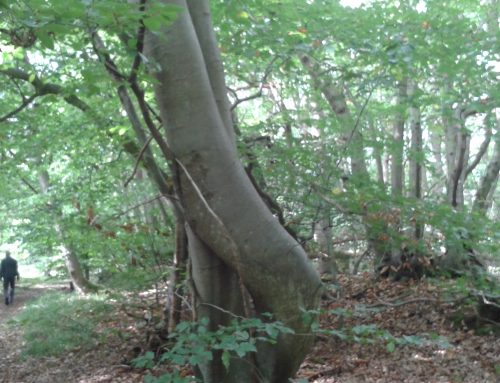
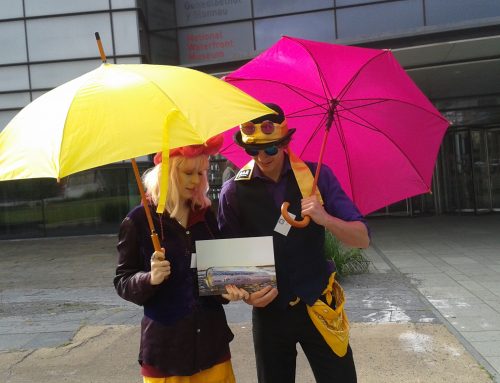
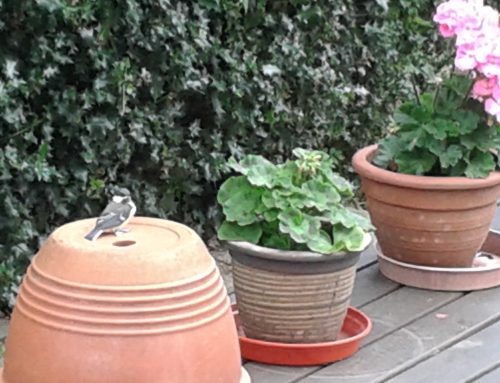


Oh, I just had a little of that experience this weekend, Victoria. My husband I and took out to dinner the son of my old college roommate who has come across the country to U-Michigan. It’s a story I need to write, delving into the intersection of now and then. It was a bit eerie, recognizing streets where I once walked so long ago. I’ll try to blog it if I get the chance. Thanks for this. It’s deepening my heart as a muscle, I feel it.
Thanks Nessa – that gives me a strong sense of time being unified, past, present and future happening simultaneously …
This is a fascinating post. I’m interested in the fragmented self and I thought the line about the tightrope that Thomas described is probably one we all walk some of the time.The other day I spoke to someone who I used to be very close to, after an estrangment of about 12 years, it was good but it did indeed bring many reminisces which of course threaded it’s way into my trusty journal.
Thank you for reminding me of John Rowan’s book Sub-personalities: the people inside us’, from which I quote William Wallace 1898: “We have hardly formed our resolve when we regret it: the voices of our other selves, of that manifold pack of half-formed personalities within us, none of which we dare honestly disown, are raised in protest against the usurping monarchy of our overt resolve.” To me poetry is a voice of my inner child, who will not be subdivided. She does not even seek synthesis in the game of multiplicity, since nobody has presented her with a multiple choice questionnaire to marginalize her need to form her own expression.
Thanks for that interesting post. I love the poem and I see many uses for it. We need to honour the child within us.
Ger
will someone please explain to me by what the author of the poem meant in all the lines
Lovely post. Thae Causley poem is all about reflection and viewing oneself from the outside. Charles was my Dad’s teacher in Launceston way back when, and they stayed in touch, so he’s had a dropdown influence on my life, and this is probably my favourite poem of his, the self reflection &c.
He never had kids, but really connected with them in some way.
A good man. Could’ve been, and was asked to be, Poet Laureate, but that would’ve meant leaving his beloved Cornwall so he declined.
I recommend listening to Jim (distantly related) Causley who has put many of his poems to music (I especially recommend ‘Who?’)…
Thank you for these responses – I’ve been away from my blog for a while and have only just picked them up – all fascinating!
Thanks for reading.
Vicky